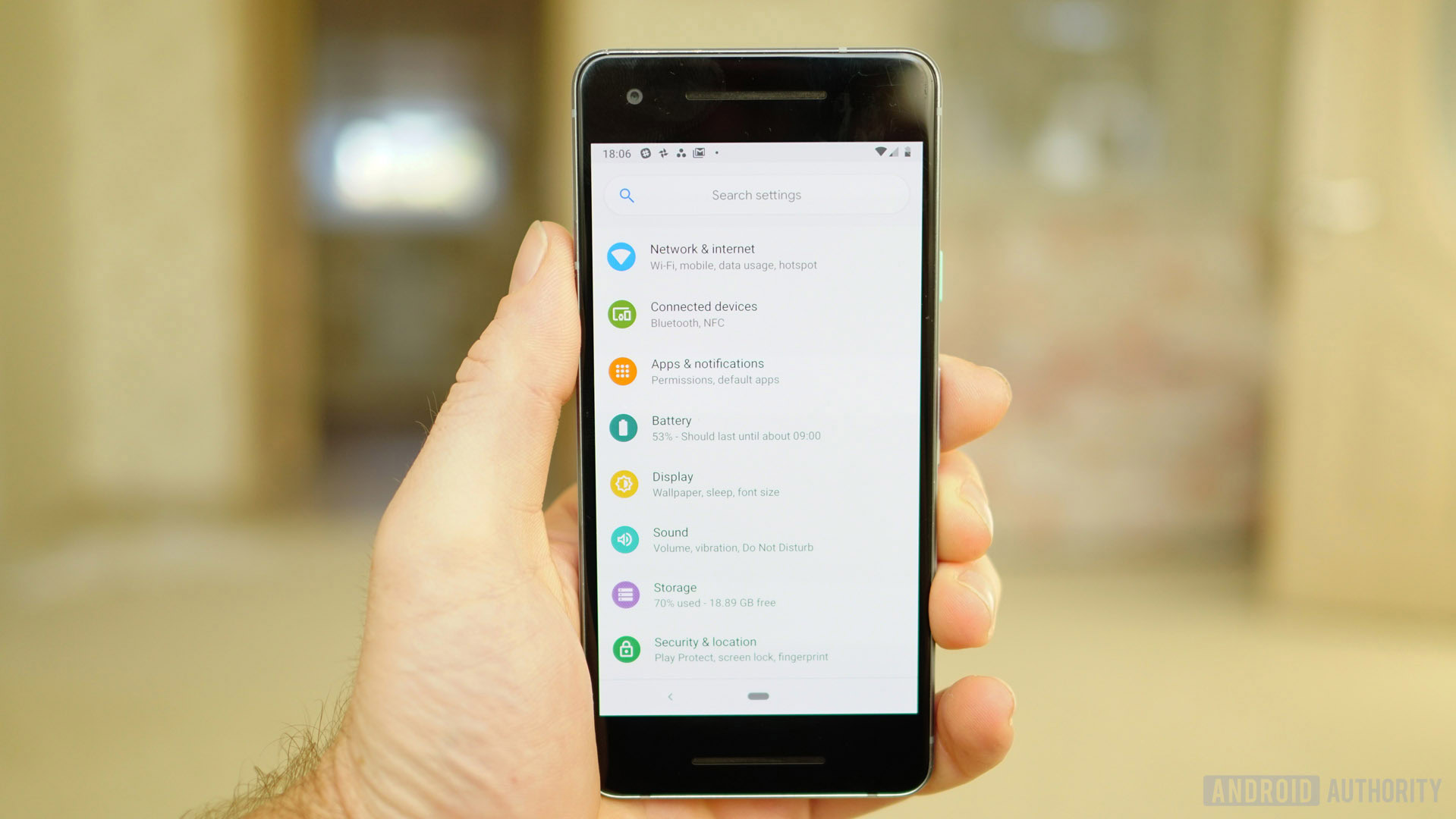Affiliate links on Android Authority may earn us a commission. Learn more.
Google's contract with OEMs now says 2 years of Android updates mandatory
Published onOctober 24, 2018

- A contract obtained by The Verge shows how Google is attempting to mandate regular Android updates from OEMs.
- The contract in question is part of the recent change to European Android standards but likely applies globally.
- OEMs which don’t comply with the contract could face delays or refusals for Google certification of future Android devices.
Last week, Google announced it would completely revamp how it monetizes Android in the European Economic Area (EEA) due to new regulations associated with a $5 billion fine the company received for violating European antitrust laws.
Later in the week, The Verge obtained a copy of one of the new contracts Google is issuing OEMs which release phones in that area of the world. Although the big news from that contract was just how much Google would be charging for Google apps (up to $40 for every unit sold), there apparently was some other information in the contract worth noting.
The contract provided to The Verge has new guidelines for how often — and for how long — smartphone manufacturers must provide Android security updates for their devices. According to the contract, OEMs must update devices at least once every 90 days and must do so for at least two years after a device launches.

To be clear, this contract only officially applies to the EEA, but it’s highly likely the global rules are similar or even stricter. We can assume this because Google announced a sweeping change to how the company mandates Android updates at Google I/O 2018.
According to the contract, the punishment for non-compliance with these new mandates — which take effect fully on January 31, 2019 — is the delay or even refusal of necessary Google certification of new Android-based devices. In effect, non-compliance could put an OEM out of the Android business.
This new contract stipulation combined with Google’s backing of Project Treble suggests the company is truly taking seriously the problem of Android OEMs all but abandoning their own hardware once it passes a certain age or if it fails to take hold with consumers. However, it’s yet to be seen just how much Google will be willing to police OEMs, even with this contract in place.
There is one stipulation to the contract which could let some OEMs off the hook: the contract states a device must sell more than 100,000 units to be part of the mandate. Granted, most major devices from large OEMs will sell 100,000 units easily, but smaller companies — like Essential, for example — would still be able to stop issuing updates at any time without penalty. However, in the case of Essential, lack-of-updates certainly isn’t a problem.
NEXT: Here’s a list of Android devices with security updates from the last 90 days (Ouch HTC)